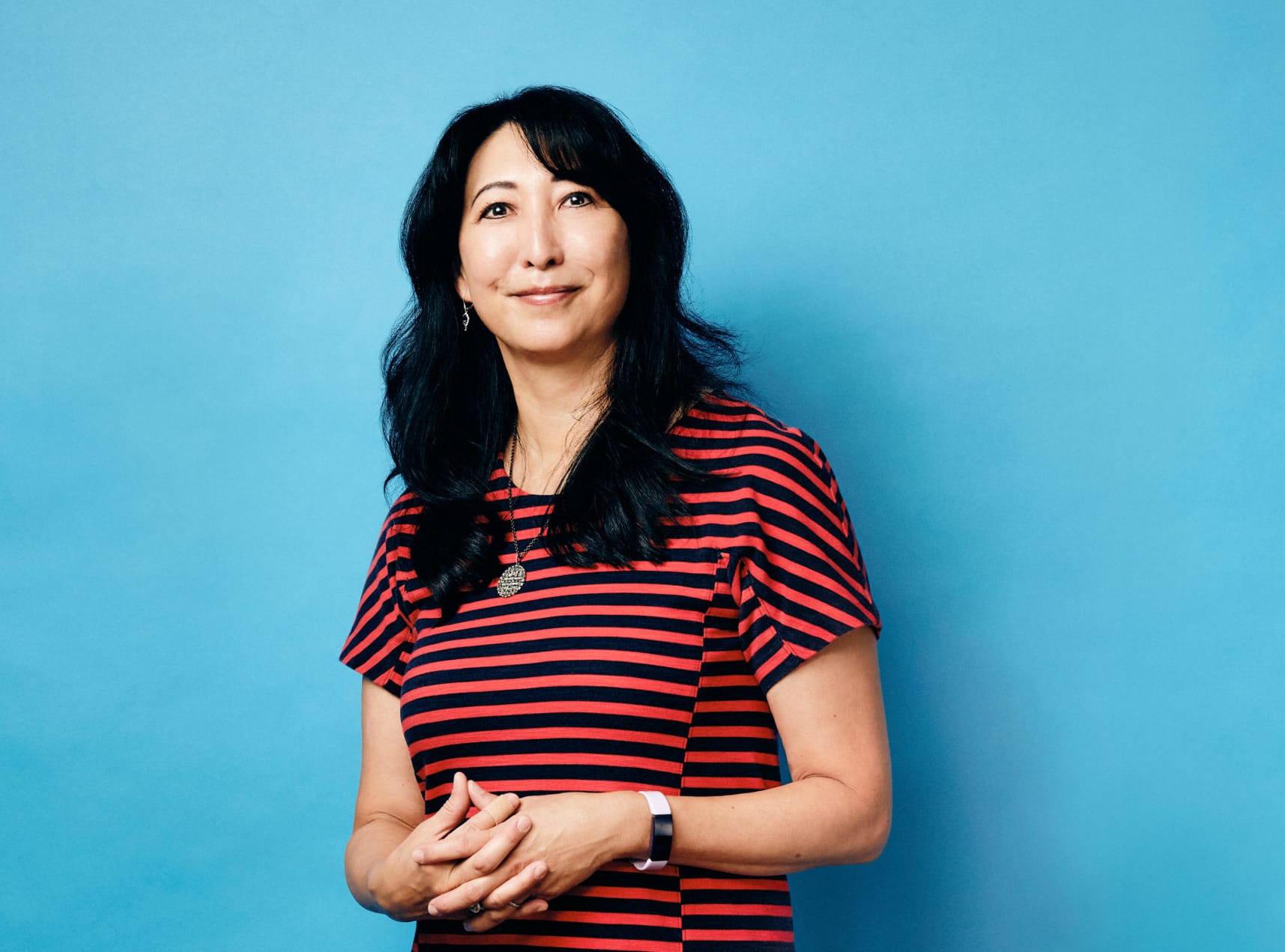My career started with synthetic blueberries. That was my first project as a food scientist at Kraft, where I invented new food prototypes, processes, and packaging. While I loved using a blend of technical and creative skills, I quickly realized that my ambition was to run a business or company someday. However, back then, I didn’t see many scientists becoming CEOs. That led to me to Wharton, where I felt an MBA would facilitate a career change.
There, I drank in all the knowledge I could across finance, management, operations, marketing, human resources, and even accounting. I carried that same mentality into my post-Wharton work, shaping my career to gain additional skills that would make me a well-rounded leader — first as a partner at a consulting firm, then moving into e-commerce, and later as head of strategy for a branding agency.
With those experiences in hand, I was ready to run a business and fulfilled that dream at Nike. As a senior executive, I led the company’s global cycling business, growing it and making it profitable for the first time since its inception. I was also one of the leaders who launched Nike+, the world’s first wearable fitness tracker.
While I had some amazing experiences at Nike, I knew it was the right time to move forward and into the role of CEO. At Lucy Activewear, my team and I completely transformed the business and turned a profit for the first time in the company’s 12-year history. Later, I joined the board of Gymboree and was asked to step in as CEO to navigate the company through troubled times.
Throughout those experiences and during my time at Wharton, I’d met many amazing, smart, and inspirational women. But whenever I read a fiction book, I noticed that businesswomen were portrayed in a negative light and typically tried to quash the careers of other women. I decided to change that and fill a gap in the literary marketplace. I wrote The Closer, a novel about the first female CEO of a sports company and the secret society of Wharton women, called the Ceiling Smashers, who help her succeed. My objective was to write something fresh and realistic by offering characters who are accomplished, positive female leaders, like so many I know.
My ROI from Wharton was high. More than all the subjects I studied, the School enhanced a strategy of lifelong learning that began with synthetic blueberries and led me to boardrooms and book writing. Perhaps the greatest lesson from my Wharton experience was that anything is possible.
For more on Shaz’s experiences, watch her recent Talks at Google presentation.
Published as “Eyes on the Prize” in the Fall/Winter 2020 issue of Wharton Magazine.


























